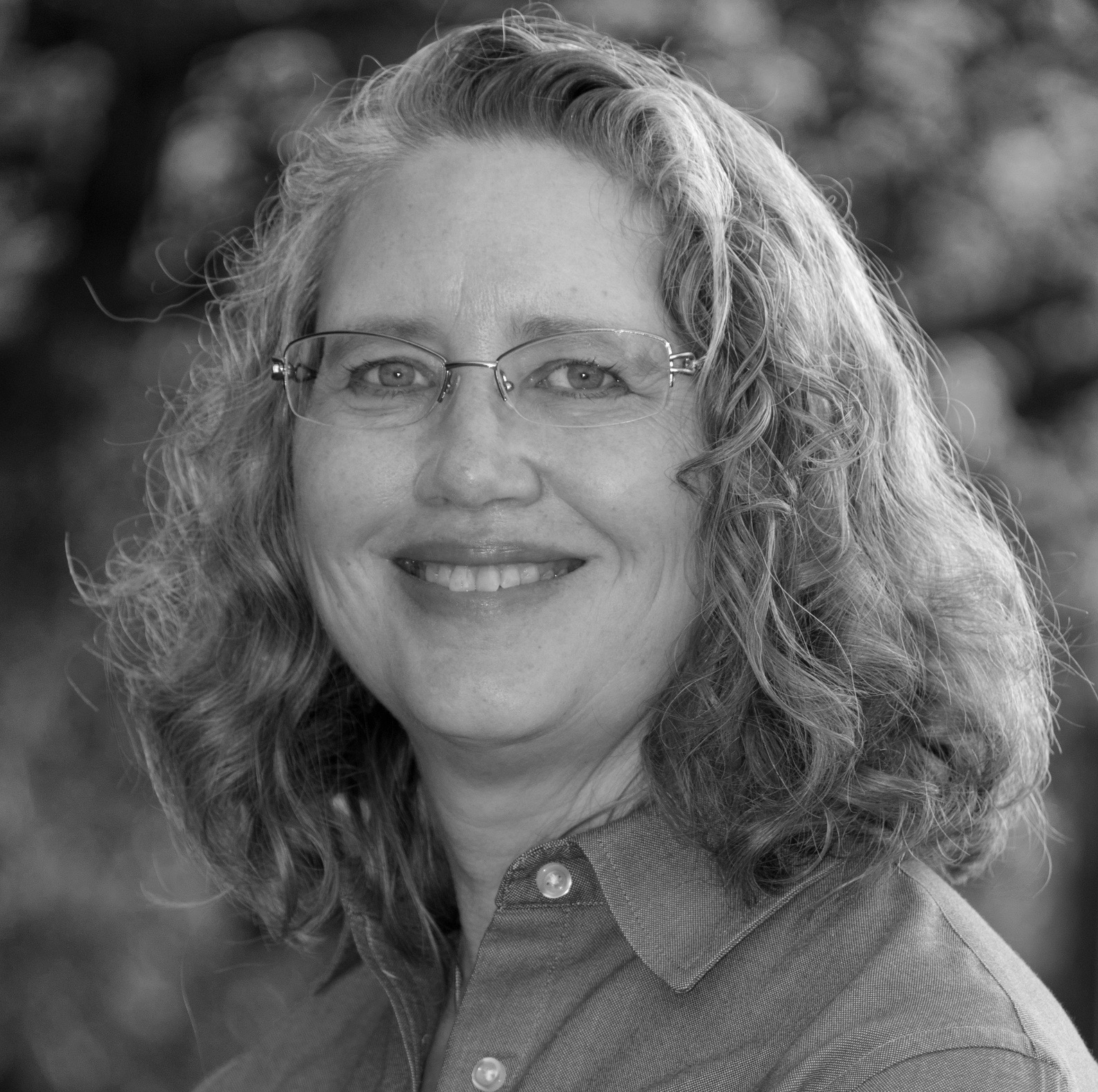
Author’s Note: I was asked to speak about the chevra kadisha at Shabbat services last week. Below is a lightly edited version of what I said.
People say it takes two to tango. You may think it also takes two to make a baby. The Talmud says it takes three.
In Niddah 31a we read that the father supplies the white substance, out of which are formed the baby’s bones, nails, and the whites of the baby’s eye. The woman provides the red substance, out of which are formed the baby’s flesh, blood, and the pupil of the eye.
The third participant is God, who gives the baby breath, the animation of its features, as well as understanding and discernment. Some people call God’s contribution the soul.
When the person’s time to depart from this world approaches, the Talmud says, God takes away God’s share, and leaves the shares of the father and mother with them.
Some say when a person dies their soul is very fond of the body that housed it for (we hope) several decades, and remains with the body until burial, at which time the soul is satisfied that the body has been well taken care of, and feels free to depart to whatever comes next.
You don’t have believe any of this to be a member of the chevra kadisha. You just have to be willing to act as if the person’s soul might be there in the room with you.
As a result, we don’t turn our back on the person; we don’t hand things to each other over where the person is lying; and we refer to the person we are caring for by name, or by their preferred pronouns. We never refer to them as “it.”
Every taharah is different, but there is one thing that always remains the same.
You may not believe there is a soul, but I can tell you, after more than 8 years of doing this, that every single time, by the time the person is washed and dressed, by the time they are placed in their casket, and before God takes back God’s contribution, the person’s face has changed. They look more peaceful. This happens every. Single. Time.
You can go to a gravesite and say to a person, “May you rest in peace,” and you’ve performed a mitzvah. You can join the chevra kadisha, and be one of the people who helps to make that happen.
Shabbat shalom.





















 More news and opinions than at a Shabbat dinner, right in your inbox.
More news and opinions than at a Shabbat dinner, right in your inbox.